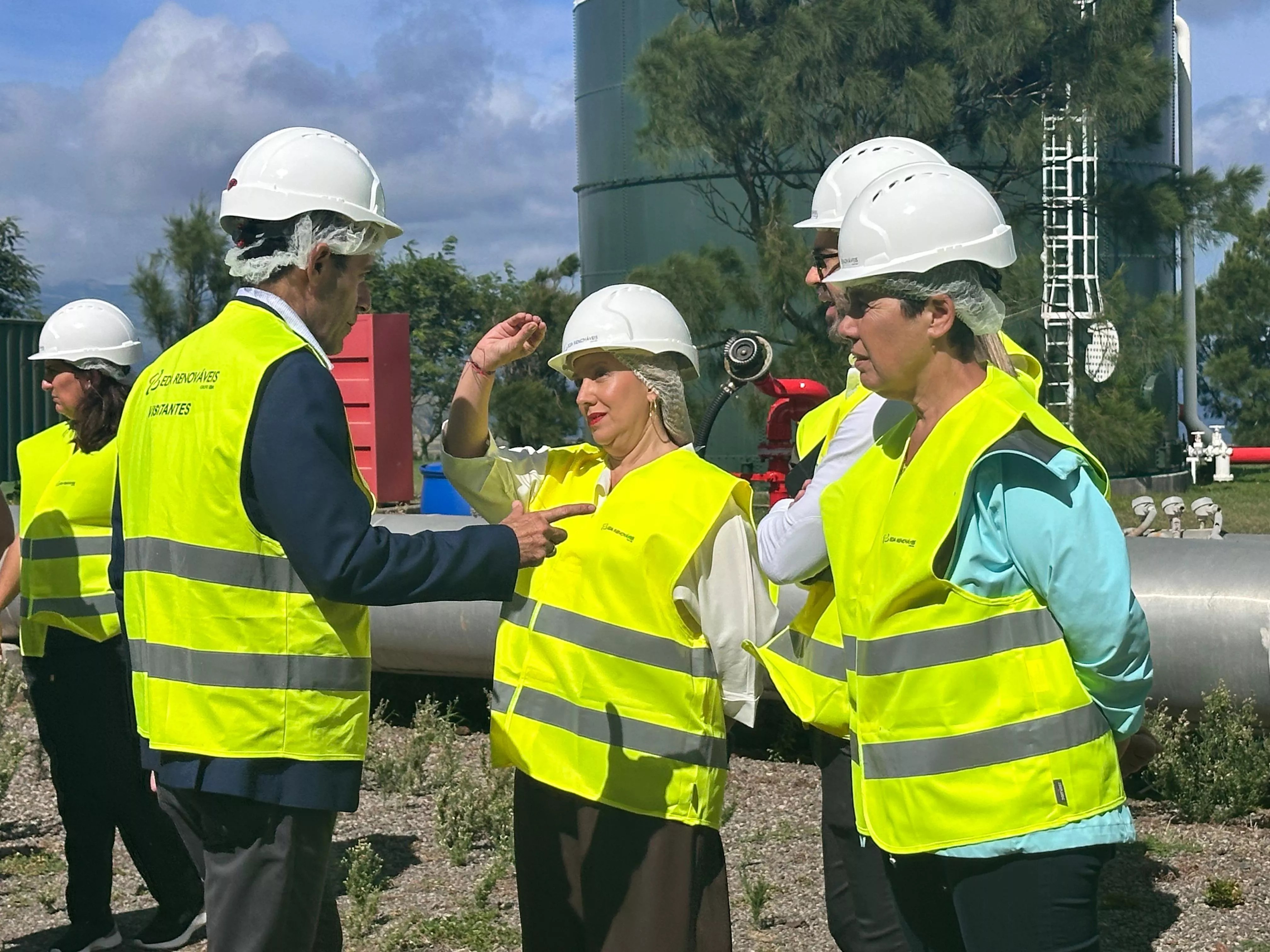
SANTA CRUZ DE TENERIFE, Oct. 7 (EUROPE PRESS) –
The Cabildo de Tenerife, through the Institute of Social and Socio-Health Care (IASS), has gathered this Friday in the Aula Magna of the Guajara Campus of the University of La Laguna more than 200 professionals and social agents related to homelessness care to advance in the design of a framework for coordinated and comprehensive action that enhances the social and community inclusion of people who find themselves in this situation.
The island’s president, Pedro Martín, stressed that “it is a problem that is often invisible and for which it is necessary to seek, together, alternatives that allow us both to deepen the care provided and to prevent and prevent new people are left homeless.
In his opinion, “it is not just about giving a roof, we have to go further, we have to analyze what the problem is and where it comes from and look for alternatives so that the people affected can recover their self-esteem and can direct their lives, being aware that any of us can find themselves in the same situation”.
In addition, he recalled that these are the first participatory sessions organized on the island to address homelessness.
The president pointed out that the Cabildo is earmarking an annual contribution of 1,600,000 euros to finance various resources, both direct care and homelessness prevention, with which more than 3,800 people were served in 2021, and highlighted “the importance to listen to the opinions and experiences that will be made known during the conference to guide and define new resources that help to solve this problem”.
In this same sense, the CEO of Citizen Participation and Diversity, Nauzet Gugliotta, valued the work that the Cabildo de Tenerife has been carrying out to address the problem of homelessness “with great sensitivity, from the perspective that it is a phenomenon wide, which affects a diverse population and through the strengthening of coordination with other administrations and entities involved in the care of this group”.
In this way, he indicated that “it is the first time that a participatory methodology has been applied to address the problem of homelessness from an insular perspective and with the opinion of both social entities and the rest of the public administrations involved in the support provided” .
For his part, the vice-rector for Innovation, Teaching Quality and Anchieta Campus, Néstor Torres, emphasized the value of hosting these conferences at the University of La Laguna as a way of making visible that the educational institution is at the service of society and willing to constitute with all its resources the resolution of the problems of its environment.
“At the University of La Laguna we can do it and we can contribute significantly because research is done at our university. There is a research group that has supported the preparation of the reports. It is solvent, solid research, based on reliable metrics that are a starting point so that they can be analyzed and reach conclusions, but also the university is imbued with a series of values that are shared with this project; the values of solidarity, empathy, sensitivity towards others and Take care of others,” he added.
MORE THAN 2,700 HOMELESS PEOPLE IN TENERIFE
These days are born in response to the results of the study on people in situations of extreme residential exclusion in Tenerife 2021, carried out by Cáritas Diocesana de Tenerife and financed by the Institute of Social and Socio-Sanitary Care of Tenerife (IASS), according to which the number of people in residential exclusion in Tenerife amounts to 2,738 people.
Among the participants, representatives of representatives of the entities of Don Bosco, Cáritas, Red Cross, Nuevo Futuro and Fundación Canaria el Buen Samaritano stand out, who pay attention to the homeless and collaborate with the Cabildo in these days in which, through workshops and round tables, aspects such as public-private collaboration, intervention methodologies or coordination and advice were addressed.
There was also the presence of representatives of public administrations, especially municipalities and certain organisms of the Government of the Canary Islands, such as the Canary Islands Health Service (SCS) that participate in the care of this group.
The meeting has also served to publicize the model applied in the Basque Country, led by the General Director of Social Services of the Basque Government, Marian Olabarrieta, who presented the strategy used in her autonomous community to deal with this reality and which has given good results.
The conference is intended to be a starting point to develop an analysis that allows obtaining an insular framework of coordinated, organized and comprehensive action, for the attention of this group, collects a note from the Cabildo.
All this, taking into account all the social actors involved in this reality, from the administration and third sector entities to private companies.
















